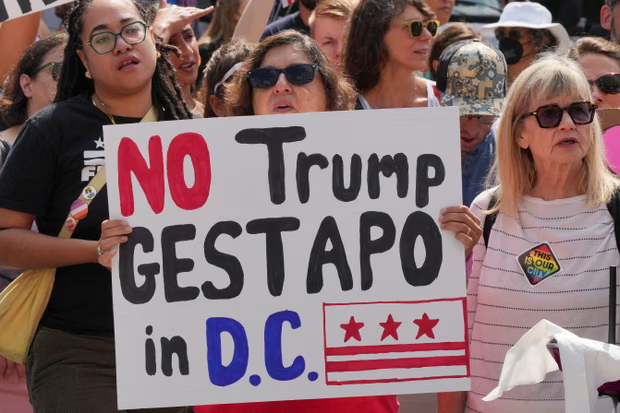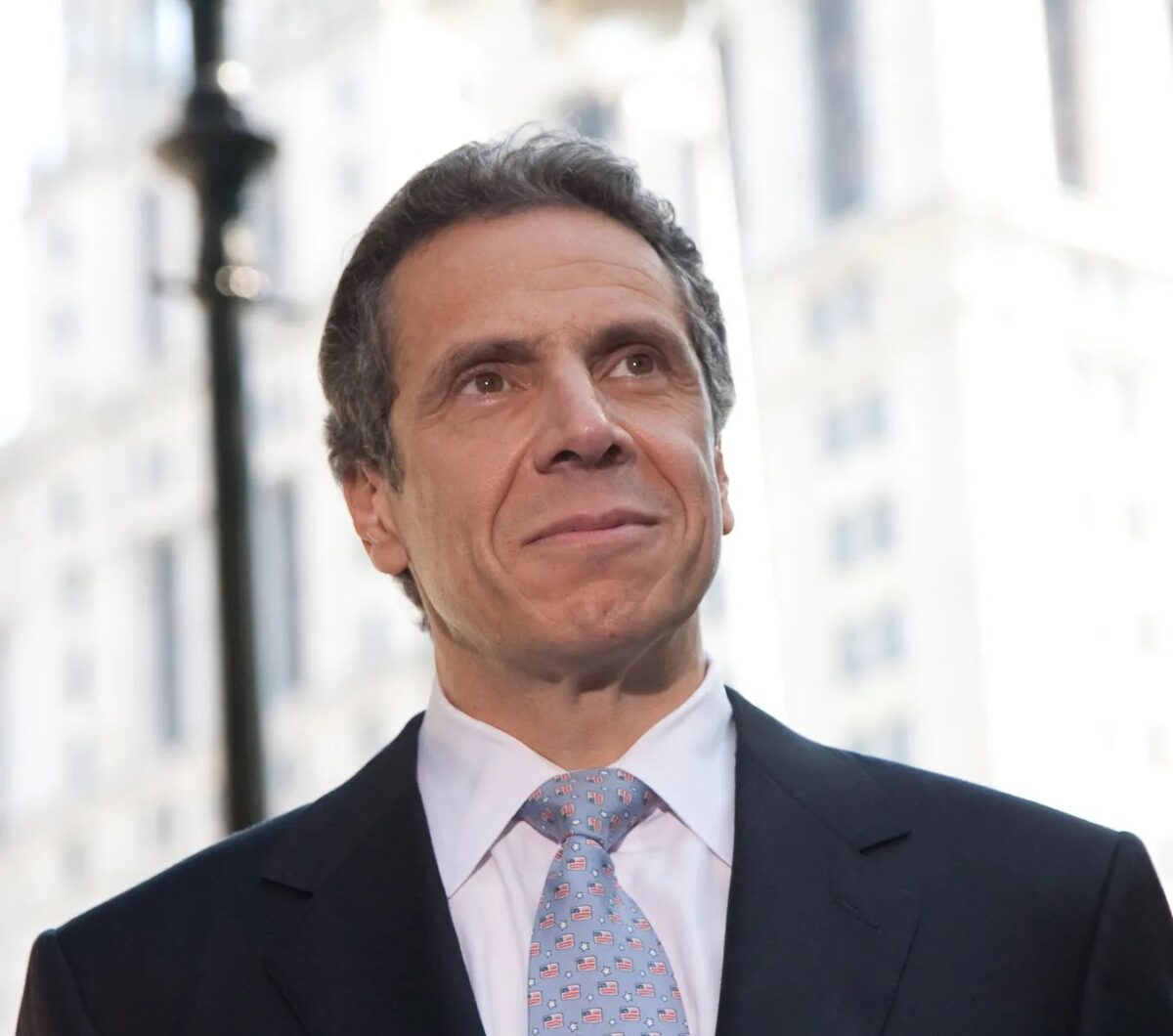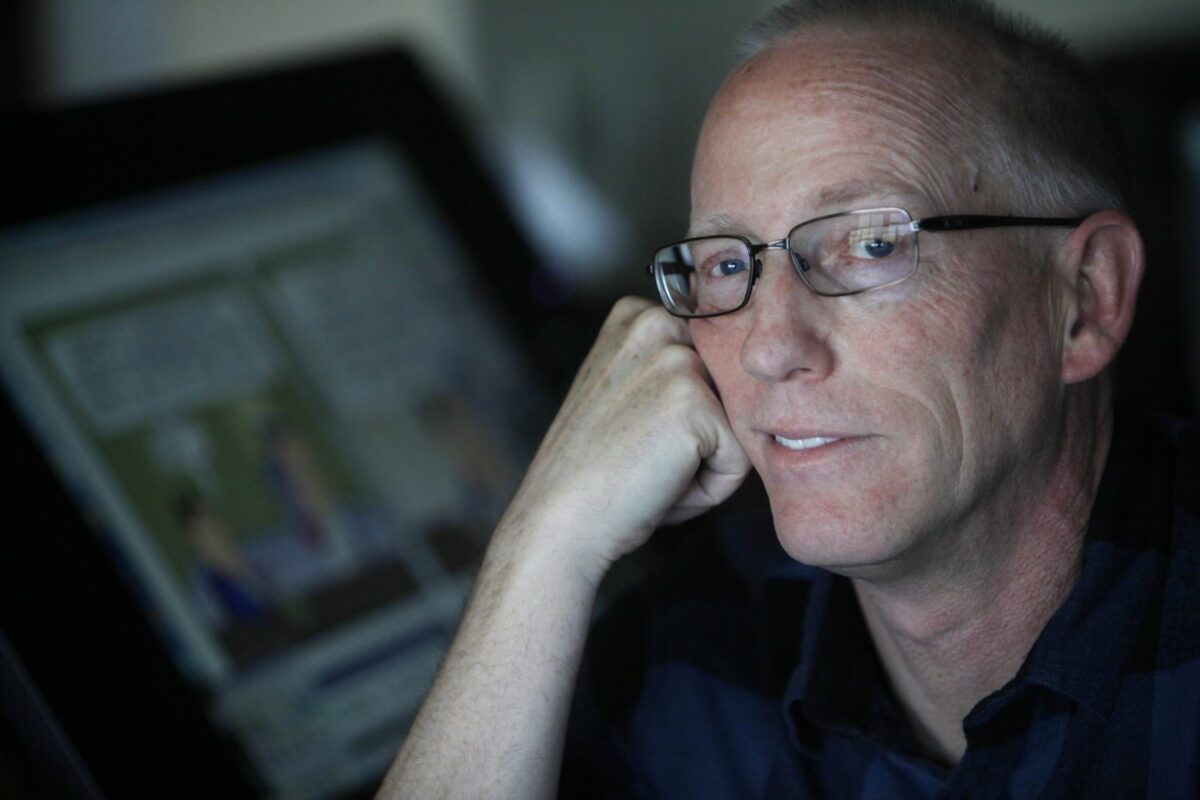Is Trump’s federal takeover of Washington DC about safety or politics?

A demonstrator holds a sign during a protest near the White House. Photograph: Ken Cedeno/Reuters
Washington DC has entered an unprecedented phase of federal control after US President Donald Trump ordered the National Guard into the capital and placed the city’s police force under federal authority, citing what he called an epidemic of crime.
Speaking from the White House on Monday, Trump announced what he described as a “historic action” to “rescue” the nation’s capital from “crime, bloodshed, bedlam, and squalor.” He declared the day “Liberation Day in DC,” insisting the city was “one of the most dangerous in the world” — despite official statistics showing violent crime at a 30-year low.
The 30-day takeover, confirmed by the White House, has drawn fierce criticism from local leaders and civil rights advocates, who accuse the president of undermining the political independence of the racially diverse city. Trump invoked Section 740 of the District of Columbia Home Rule Act, federalising the Metropolitan Police Department for the first time in history and placing it under the authority of Attorney General Pam Bondi.
Defense Secretary Pete Hegseth revealed that 800 National Guard members will patrol the streets in the coming week, working alongside local officers. Trump also warned he might bring in the military “if needed.”
The move follows an incident in which Edward Coristine, a 19-year-old member of a government “efficiency” task force, was reportedly assaulted near his vehicle last week. Trump cited the attack as evidence of a broader breakdown in law and order.
Crime Reality vs. Trump’s Claims
While Washington DC suffered a spike in homicides during the pandemic — with 2023 recording the highest total since 1997 — police data shows violent crime has plummeted since then. Homicides dropped to 187 last year, and early 2025 figures suggest an even lower rate. The decline mirrors trends in many major US cities, contradicting Trump’s depiction of a city “overtaken by gangs, mobs, drug addicts, and the homeless.”
Nevertheless, over the weekend, hundreds of federal law enforcement officers from agencies including the US Capitol Police, the Federal Protective Service, and the Bureau of Alcohol, Tobacco, Firearms and Explosives were deployed across the capital’s neighborhoods.
Political and Legal Backlash
DC Attorney General Jeanine Pirro, appointed just days ago, echoed Trump’s hardline stance, blaming juvenile crime on lenient legal policies. She called for laws enabling more minors to be tried as adults.
On social media, Trump targeted the city’s homeless population, ordering them to vacate the capital “immediately” and promising to relocate them “far from the Capital.” Federal data shows homelessness has actually been on the decline in DC.
Democrats, however, view the federal takeover as politically motivated. Eleanor Holmes Norton, DC’s delegate to Congress, called it a “historic assault” on home rule and renewed her push for DC statehood. Democratic National Committee chair Ken Martin accused Trump of using law enforcement for political theater, pointing out his inaction during the January 6 Capitol riot. Civil rights leader Al Sharpton suggested the move was a distraction from criticism over the administration’s handling of the Jeffrey Epstein files.
As reported by The Guardian UK, Trump’s decision marks a rare and controversial use of presidential powers, setting the stage for weeks of heightened federal presence in a city that overwhelmingly rejected him at the ballot box.




Government Shutdown: Why Democrats are winning and...
November 6, 2025